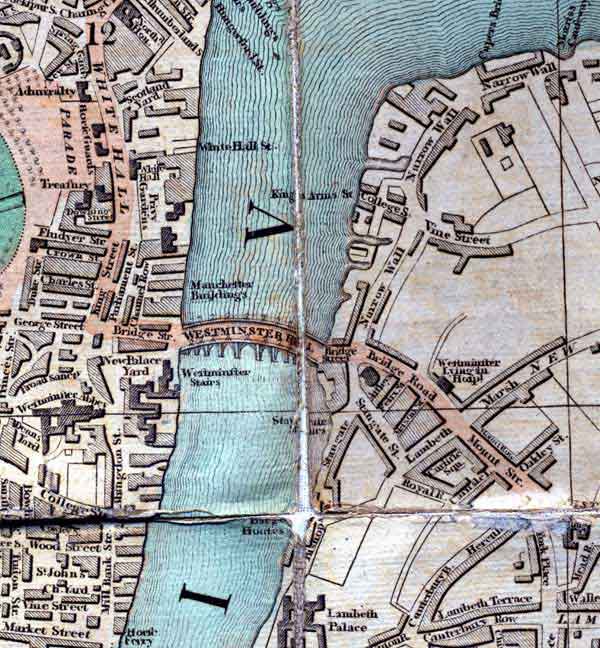

| Quotations | ||
 Chapter 2 Chapter 2  From about the time of her entering the family, Lady Bertram, in consequence of a little illĖhealth, and a great deal of indolence, gave up the house in town, which she had been used to occupy every spring, and remained wholly in the country, leaving Sir Thomas to attend his duty in Parliament, with whatever increase or diminution of comfort might arise from her absence. | ||
 Chapter 44 Chapter 44  For though Lady Bertram rather shone in the epistolary line, having early in her marriage, from the want of other employment, and the circumstance of Sir Thomasís being in Parliament, got into the way of making and keeping correspondents, and formed for herself a very creditable, commonĖplace, amplifying style, so that a very little matter was enough for her: she could not do entirely without any; she must have something to write about, even to her niece; and being so soon to lose all the benefit of Dr. Grantís gouty symptoms and Mrs. Grantís morning calls, it was very hard upon her to be deprived of one of the last epistolary uses she could put them to. | ||
